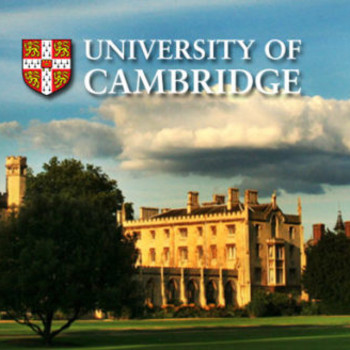What are the nucleons of an atom?
1 Answer
Shown below...
Explanation:
Assuming you mean 'neutrons'
Neutrons are subatomic particles placed within an atom's positively charged nucleus containing protons and the neutrons. Neutrons have an atomic mass of
The number of neutrons in an element can be found out from the mass number-atomic number using the periodic table.
Although there are other forms of an element, and these are called isotopes. These are the same element, just with a bigger mass number as there are more neutrons. These have 'Isotopic abundances' which takes into account how much of the atmosphere the original element and its isotope(s) contain to calculate the mass number. For example, chlorine has two isotopes; Chlorine
This can be proved:
Chlorine
Chlorine
If you mean nucleons:
This can be defined as a proton or a neutron

